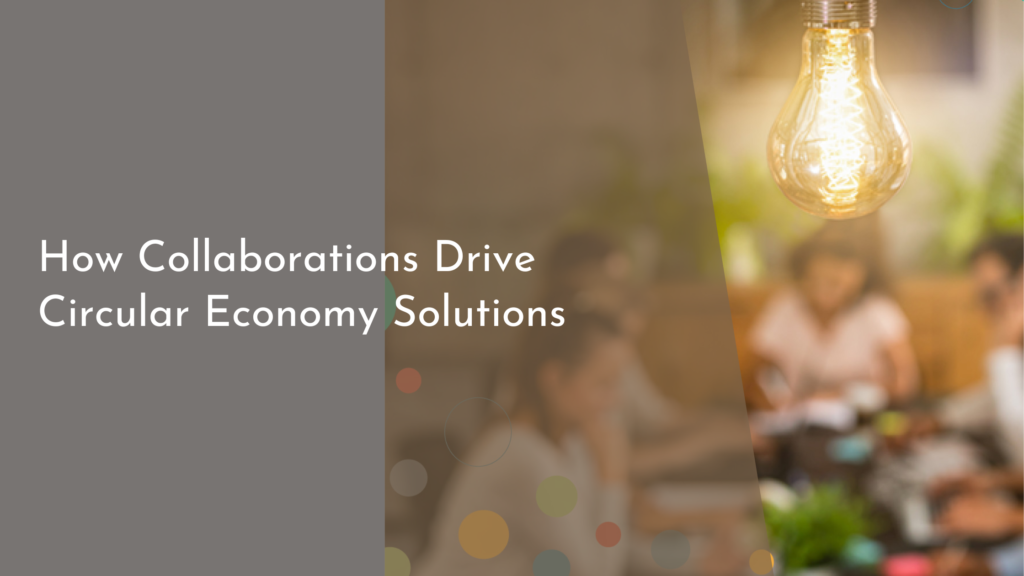The Future of Water Conservation Technology
The future of water conservation technology is bright, with innovative solutions emerging to address the global challenge of water scarcity. As the world’s population continues to grow and climate change exacerbates water shortages, the need for efficient and sustainable water management has never been more critical. Innovative technologies, from smart irrigation systems to data-driven water management tools, promise to revolutionize how we conserve and utilize this vital resource. Join us as we explore the exciting developments in water conservation technology and envision a future where water use is optimized for environmental sustainability and human prosperity.
Innovative Water-Saving Technologies Emerging
As the demand for water rises, new technologies are emerging to help us conserve this precious resource more effectively. One such innovation is the development of advanced leak detection systems. These systems use acoustic sensors and machine learning algorithms to identify and locate leaks in water distribution networks with pinpoint accuracy. By addressing leaks promptly, utilities can prevent significant water loss and reduce the overall demand on water resources, thereby conserving water for future use.
Another promising technology is water recycling and reuse systems, which are gaining traction in both residential and industrial settings. These systems purify wastewater, making it safe for reuse in applications such as irrigation, toilet flushing, and industrial processes. By implementing water recycling and reuse technologies, we can significantly reduce the amount of freshwater required for these purposes, easing the strain on local water supplies and promoting a more sustainable water cycle.
Smart Irrigation Systems: A Game Changer
Smart irrigation systems are transforming the way we approach agricultural water use. These systems utilize advanced sensors, weather data, and real-time monitoring to optimize watering schedules and ensure that crops receive the precise amount of water they need. By doing so, smart irrigation systems can significantly reduce water waste, enhance crop yields, and contribute to more efficient water use in agriculture, which is one of the largest consumers of freshwater resources worldwide.
In urban landscapes, smart irrigation systems are also making a significant impact. Homeowners and municipalities can utilize these systems to manage water use in gardens, parks, and public spaces more effectively. By continuously adjusting watering schedules based on soil moisture levels, weather forecasts, and plant needs, smart irrigation systems help maintain green spaces while conserving water and reducing utility costs. This technological advancement is a game changer for sustainable urban development and water conservation.
Harnessing Data for Efficient Water Use
The integration of big data and analytics into water management is a powerful tool for enhancing water conservation efforts. By collecting and analyzing vast amounts of data from various sources, such as water meters, sensors, and weather stations, utilities can gain valuable insights into water usage patterns and infrastructure performance. This data-driven approach enables more accurate demand forecasting, better resource allocation, and the ability to address potential issues before they escalate into larger problems.
Moreover, data analytics can empower consumers by providing them with detailed information about their water usage. Smart water meters and mobile applications allow individuals to monitor their consumption in real-time, set usage goals, and receive alerts about unusual activity or potential leaks. By making water consumption data accessible and actionable, consumers can make informed decisions about their water use and contribute to overall conservation efforts.
Embracing a Sustainable and Watery Future
As we look to the future, the integration of these innovative water conservation technologies holds the potential to create a more sustainable and watery world. By embracing smart solutions like efficient irrigation systems, leak detection technologies, and data-driven water management, we can significantly reduce water waste, protect natural ecosystems, and ensure a reliable supply of water for generations to come. These advancements not only address current water challenges but also pave the way for more sustainable development practices globally.
Encouraging the widespread adoption of these technologies requires collaboration between governments, businesses, and communities. Policy support, investment in research and development, and public awareness campaigns are essential to drive the implementation of water-saving technologies on a large scale. Together, we can build a future where water conservation is woven into the fabric of our daily lives, ensuring a thriving planet for all its inhabitants.
The future of water conservation technology is truly promising, offering innovative solutions to one of the most pressing challenges of our time. By leveraging advanced technologies, harnessing the power of data, and fostering collaboration, we can create a world where water is used efficiently and sustainably. As we move forward, let’s remain optimistic and committed to adopting these groundbreaking technologies, ensuring a better future for ourselves and the planet.


